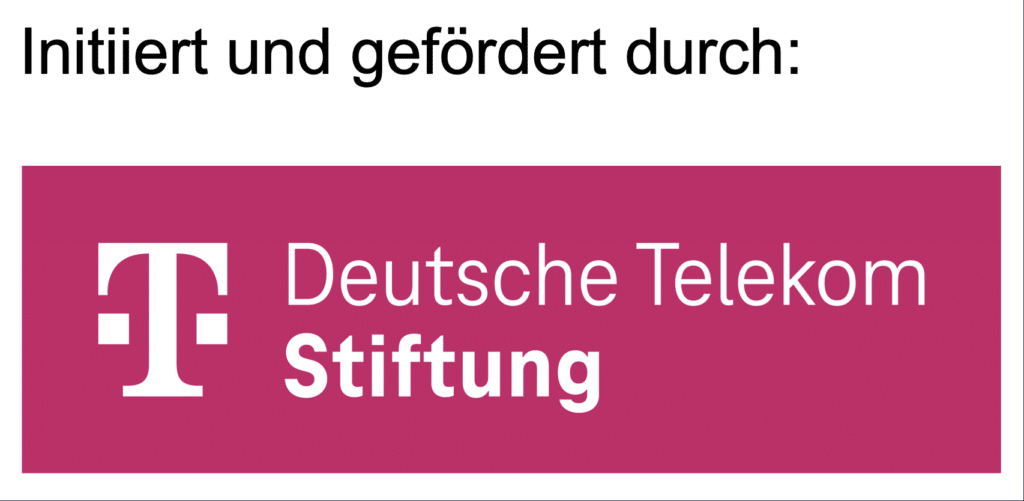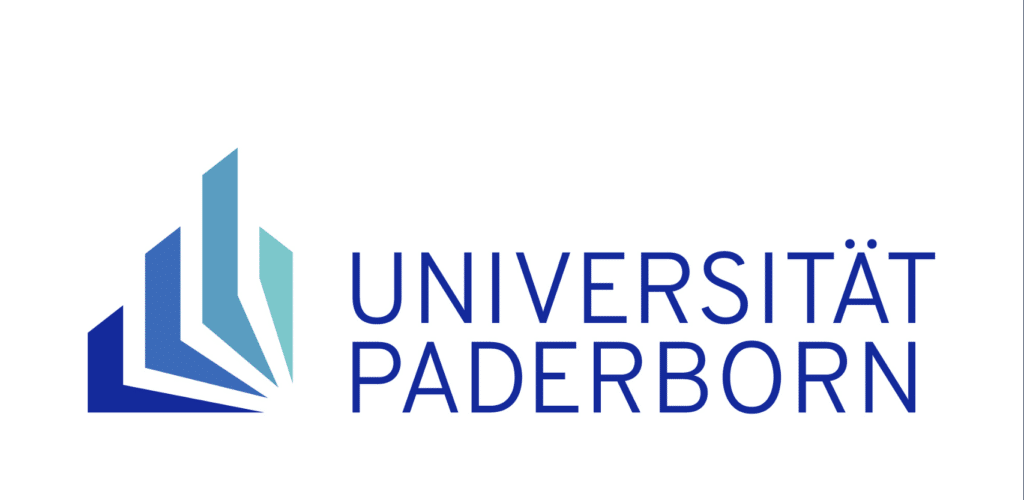Abstract
Currently, predictions and decisions based on modelling with mathematics and statistics have become increasingly important for disruptive events (e.g. the COVID-19 pandemic, climate change, population change, and food disruption). In educational research, recent discussions on the boundary between mathematical modelling education and statistics and data science education communities have focused on data-informed modelling, with mathematics and statistics at its core. This implies that we need to organise data-rich modelling in school mathematics, including statistics education, on the one hand, for a data-driven society in which students survive, and on the other hand, for further discussion and collaborative research between the two scientific communities.
In my completed Ph.D. thesis, I developed a Data-Driven Modelling (DDM) framework in school mathematics from the perspectives of mathematical model (deterministic representation) and statistical model (non-deterministic/stochastic representation). This framework aims to describe students’ DDM activities and design tasks such that they can flexibly use both deterministic reasoning based on mathematical models and nondeterministic/stochastic reasoning based on statistical models to make informed predictions and decisions. Furthermore, I extend the DDM framework to interdisciplinary and sociocritical contexts in school and teacher education.
In this talk, I will first briefly report on recent joint discourses between mathematical modelling education and statistics and data science education communities. Then, I will present three types of DDM approaches in line with these discourses.
- DDM with mathematics and statistics at its core from mathematics and statistics education perspectives
- DDM with mathematics and statistics,along with other disciplines and subjects from an interdisciplinary perspective
- DDM with a focus on social decision-making from a societal perspective.
In particular, I will elaborate on societal DDM and present an empirical example of societal DDM with pre-service teachers using a data-informed decision-making task on the COVID-19 pandemic. I will present teachers’ prescriptive/performative use of mathematical and statistical models in the context of societal DDM and discuss the implications for future data science education in school and teacher education from a mathematical modelling perspective.
Takashi Kawakami

Dr. Takashi Kawakami is an Associate Professor of Mathematics Education at the Cooperative Faculty of Education, Utsunomiya University, Japan, after five years as a primary school teacher. His research interests include teaching and learning mathematical modelling, data/statistical modelling, and modelling-based integrated STEM, in school and teacher education. He has won many awards in the fields of mathematics, statistics, and science education, including the Highly Commended Award for an Early Career Researcher at the 10th International Conference on Teaching Statistics (ICOTS-10) and the Excellent Paper Awards of the Japan Society for Science Education and the Mathematics Education Society of Japan. He was also a member of the Local Organising Committee of the 21st International Conference on the Teaching of Mathematical Modelling and Applications (ICTMA-21). He was also a member of the Survey Team on Statistics and Data Science Education as a Vehicle for Empowering Citizens at the 15th International Congress on Mathematical Education (ICME-15).



